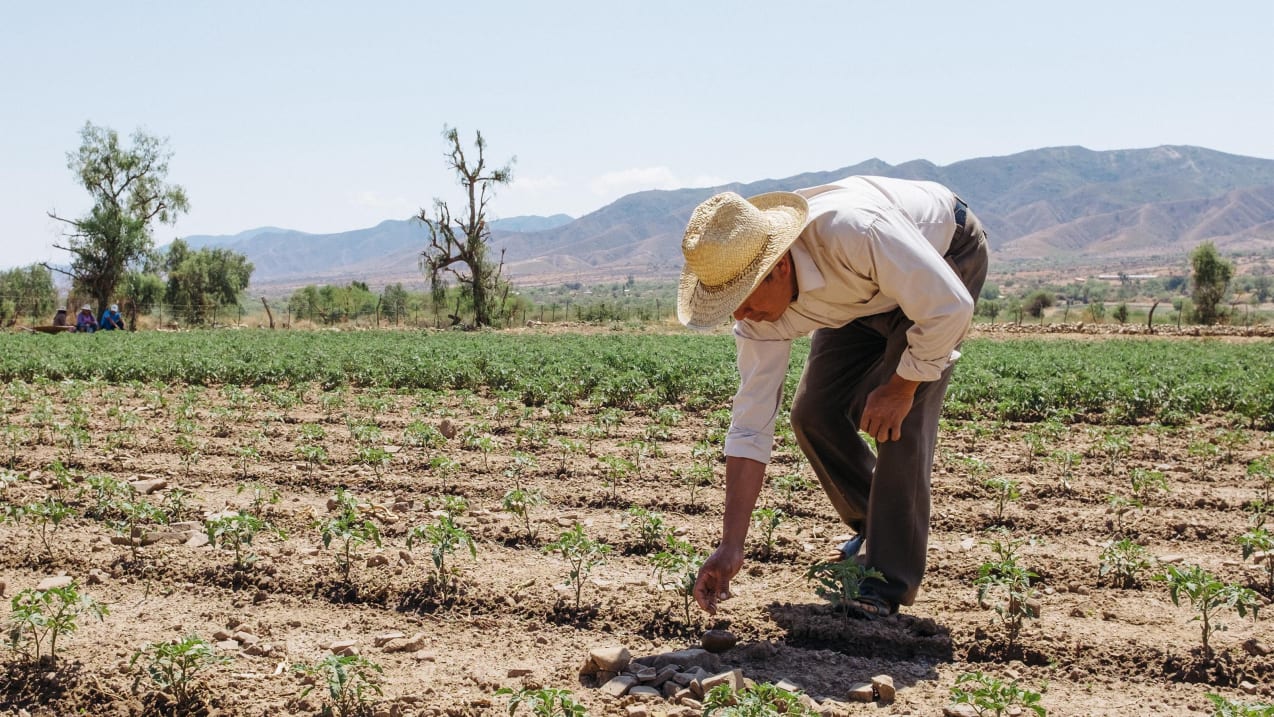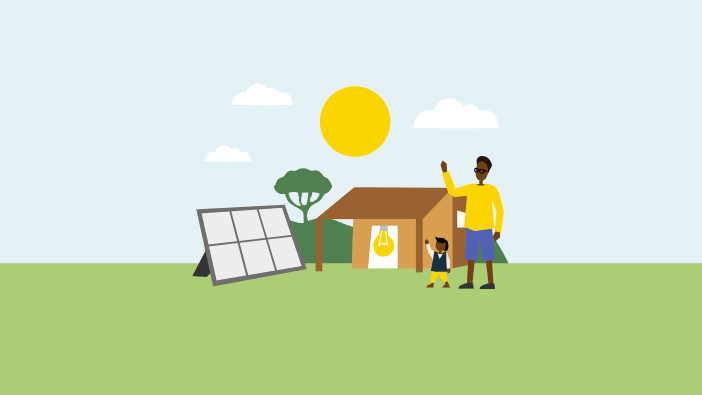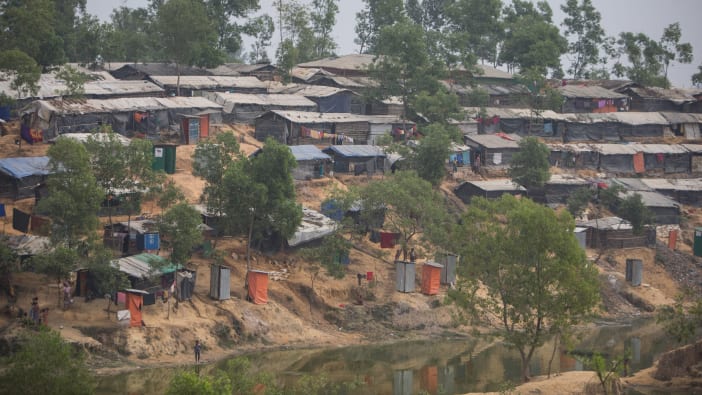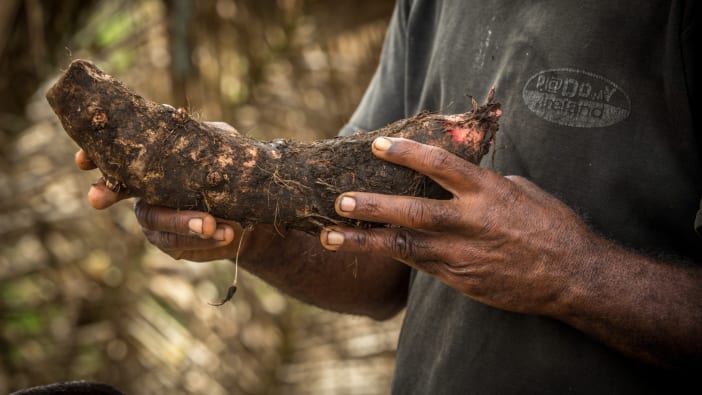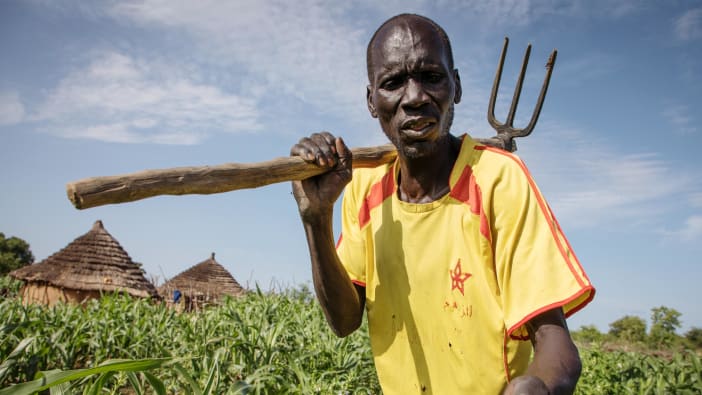Waste management
Research suggests that as much as 40 per cent of the world’s waste could be subject to open burning, where unwanted materials found in waste such as paper, trees, brush, leaves, grass and other debris are burnt openly, releasing smoke and toxins directly into the air. These emissions of toxins in the air can be breathed in or ingested following settlement on crops or consumption by domestic livestock. Dumped waste is also a major cause of diarrhoeal diseases.
These toxins have been estimated to cause 270,000 premature deaths globally each year (Cost-benefit assessment of community-based recycling and waste management, Tearfund, 2018). However, a holistic approach to waste management could stop the use of this harmful practice, preventing further damage to the health of populations and to our climate.
Discover our resources on waste management
Read our policy reports and recommendations on waste management
Integrated resource recovery centres (IRRCS)
These are one example of a community-based recycling scheme. The model originated in Bangladesh in 2007, and was pioneered by the NGO Waste Concern. It has since been replicated in other East Asian countries. IRRCs provide an inclusive, market-based approach to waste management, offering safer and more lucrative employment for waste pickers, as well as significant health and environmental benefits for the community. The approach is ideal for informal settlements in fast-growing cities, as well as in secondary cities and towns. The IRRC intervenes along three axes: with households in the community to introduce regular (almost daily) waste collection and encourage waste separation at source; with waste pickers to manage door-to-door collection and operate a community-based processing plant, and with consumers and downstream businesses to sell organic compost and recyclables.
Renewable energy
Investing in clean, renewable energy is an opportunity to tackle both climate change and poverty. It’s an injustice that, while clean electricity and cooking solutions exist to reduce poverty, more than one billion people do not have electricity and more than two billion people still use firewood, charcoal and dung to cook. Off-grid electricity, like solar and small-scale hydropower, often provides people with electricity for the first time. It can improve health, air quality, women’s empowerment, safety, education, and open up opportunities for new sources of income, savings and setting up small enterprises. It can also be used in humanitarian and conflict situations.
Explore our resources on renewable energy
Sustainable agriculture
Good agricultural practice is key to achieving environmental sustainability as it is crucial that we find ways for farming to adapt and thrive under climate change.
Our approach to agriculture integrates water, land and ecosystem management at a landscape rather than individual level. We use ‘climate-smart agriculture’ (CSA) which is a range of farming techniques that sustainably increase productivity and system resilience while reducing greenhouse gas emissions. This approach means that climate change adaptation and mitigation are always central to how we plan and invest in agricultural development.
The three objectives of climate-smart agriculture are:
- Increase agriculture production and incomes sustainably and equitably.
- Help food systems and farming livelihoods to be more resilient.
- Minimise agriculture greenhouse gases emissions.
Discover our resources on sustainable agriculture


